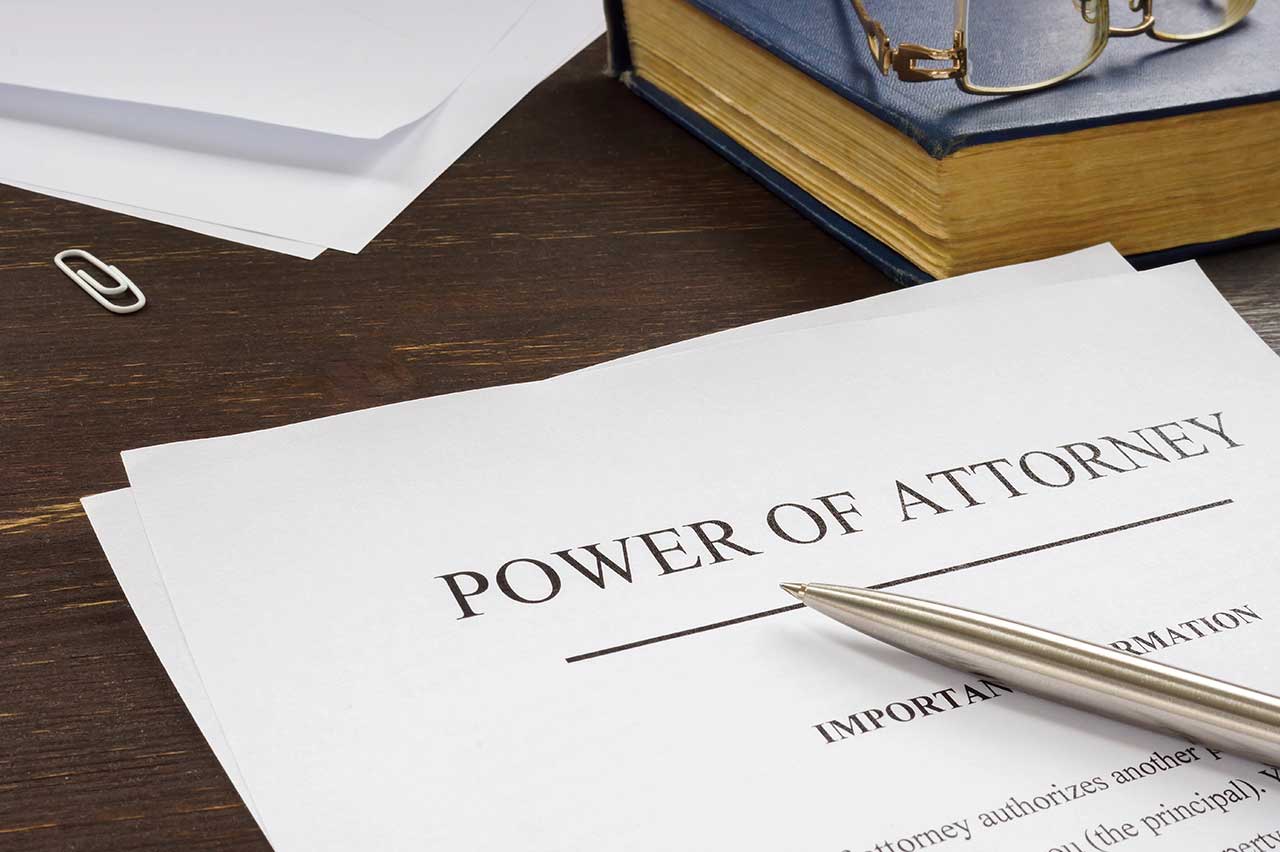A power of attorney (POA) allows someone to act on your behalf in specific legal, financial, or health-related matters. This document grants authority to the person you choose, enabling them to make decisions or manage tasks for you.
If the POA needs to be used in another country, you must apostille a power of attorney to verify its authenticity. This process authenticates the document for international use and makes it valid in countries that accept apostilles.
What is an Apostille for a Power of Attorney?
An apostille is a certificate that authenticates a document for use abroad. For a power of attorney, an apostille verifies that the document is legitimate and has been notarized correctly.
Countries that are part of the Hague Convention recognize apostilled documents, which simplifies the process of legalizing documents for international use. The apostille eliminates the need for further verification by foreign authorities, which saves time and money.
When Should You Apostille a Power of Attorney?
You should apostille a power of attorney when you need to use it in a foreign country that is part of the Hague Convention. The apostille confirms that the document is valid and has been properly notarized.
Here are some scenarios where you may need an apostille on your power of attorney:
- International business
- Property transactions
- Visa and immigration applications
- Healthcare decisions abroad
Why Do You Need an Apostille for a Power of Attorney?
The apostille is necessary for verifying the authenticity of your power of attorney in foreign countries. Many countries won’t recognize a POA without an apostille. It acts as proof that the document has been properly notarized and is legally valid.
Without an apostille, foreign authorities may not accept the POA, which could delay or prevent important legal or business transactions. The apostille simplifies the process and guarantees acceptance across different jurisdictions.
How to Apostille a Power of Attorney
Step One: Notarize the Power of Attorney
Before you can get a power of attorney apostilled, a certified notary public must notarize the document. This step confirms that the document was signed voluntarily and is legally binding.
The notary guarantees that the signature on the document is genuine and verifies the identities of the individuals involved. Without notarization, an apostille cannot be applied.
Step Two: Submit the POA for Apostille
After notarization, the next step is to Authenticate and to submit the power of attorney to the appropriate office for apostille. This will typically be the Secretary of State’s office in the state where the document was notarized. In most cases, you can submit your request by mail, online, or in person.
When submitting the POA for apostille, you will need to offer the completed application form, a copy of the notarized document, and payment for the service. For example, if you need a New York power of attorney apostille, you would submit your notarized POA to the New York Secretary of State’s office for processing.
At Apostille Corp, we take over at this stage by preparing and submitting your notarized POA with the correct forms and fees directly to the right office, making the process faster and less stressful.
Step Three: Wait for Processing
After submitting your documents, the apostille process takes time. The typical processing time is around 7–15 business days, though expedited services may be available. Make sure to factor in the processing time when planning your document submission.
During this stage, we track the progress for you, provide updates, and can arrange expedited processing if you need the apostilled POA returned sooner.
Step Four: Receive the Apostilled Power of Attorney
Once the apostille is applied, you will receive the apostilled power of attorney. The apostille will be attached to the document, verifying its authenticity. The apostilled POA can now be used in the country where you need it.
When it is ready, we deliver the completed and authenticated POA directly to you so it is ready for international use without any extra steps on your part.
Common Mistakes to Avoid When Apostilling a Power of Attorney
When getting your power of attorney apostilled, avoid these common mistakes:
- Not notarizing the document: Apostilles can only be applied to notarized documents. Make sure the POA is properly notarized before submitting it for apostille.
- Submitting an incomplete application: Double-check that every necessary section of the application form is completed properly. Incomplete details can slow down the process.
- Not checking country-specific requirements: Not all countries require an apostille for a POA. Be sure to verify the specific legal requirements for the country where you intend to use the document.
These simple steps can help you avoid delays and get your apostilled POA quickly.
How Long Does an Apostille for Power of Attorney Last?
Once a power of attorney is apostilled, the apostille does not expire. The apostille remains valid as long as the original document is valid. However, if you need to use the POA for a specific legal process, check with the foreign authorities to confirm that the apostilled document will be accepted.
Benefits of Apostilling a Power of Attorney
- International Acceptance: An apostille guarantees that your power of attorney will be recognized by foreign governments and legal entities in countries that are part of the Hague Convention.
- Cost-Effective and Fast: Apostilling is a faster and more affordable process compared to other methods of document legalization, such as embassy legalization.
- Legal Validity: With an apostille, your POA is legally valid for use abroad, making sure you can carry out business or personal matters overseas.
For anyone who needs an apostille for a power of attorney or another document, Apostille Corp is here to help. Our team specializes in quick, efficient apostille services to help you manage your documents with ease.
 Country List Hague
Country List Hague 
 Español
Español



